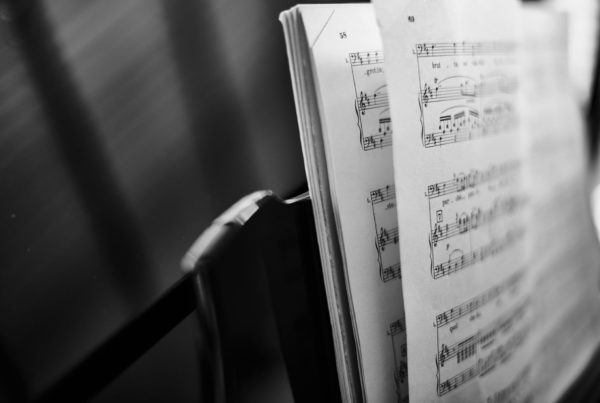Judicial Court of Paris, 3rd Ch., 25 Feb. 2021
The Judicial Court (Tribunal Judiciaire) of Paris, in its judgment dated 25 February 2021, held that the emblem of The Rolling Stones, the famous “Tongue and Lips”, registered as a EU figurative trademark, is a well-known trademark and that the exploitation by a third party of an imitation of the logo, created by the English designer John Pasche, constituted an infringement of the said trademark and also of copyright in the logo.
This dispute involved the Dutch company that owns and manages most of the intellectual property rights of The Rolling Stones, including two trademarks representing the band’s logo, and a company that imported badges. The logo depicted on the badges was almost identical to the Rolling Stones’ emblem, save that the lips were filled with a depiction of the Breton flag motif, the “Gwen Ha Du”.
The main input of this decision lies in the rationale of the Paris Court to to hold the well-known character of the trademark. The court first referred to the CJEU’s decision in the General Motors Corp. vs. Yplon SA case, dated 14 September 1999, thus recalling that, in order to be recognised as a well-known trademark, a trademark must be known by a significant part of the public concerned by the goods or services covered by it.
Then the court relied on several articles published in newspapers which described the logo as iconic, even “the most iconic of all time”, the said logo being considered “the living tongue of the Rolling Stones”, which has accompanied the band for 40 years. The Court held that in view of the very close link between the logo reproduced by the marks and the group The Rolling Stones, which enjoys a high degree of fame in the Union, the two EU trademarks are known by a significant part of the public, are used intensively and therefore enjoy a high reputation in the European Union. The decision also insists on the close and systematic link between these marks and the identification of The Rolling Stones as artists, whose great media aura thus directly contributes to the reputation of the trademarks.
The court considered that the infringement of the trademarks was established since the badges at issue reproduced the shape and volume of the mouth and lips, teeth and tongue, in an identical way, the only difference being the depiction of the Breton flag on the lips. The court thus ruled that “the signs clearly refer, for the average consumer, to the world of rock music conveyed by the logo of the mouth which is characteristic of the Rolling Stones’ universe” and given the strong similarity of the signs for identical products, there is a risk of confusion in the mind of the public.
The court also had to decide on the alleged infringement of the copyright in the logo. After emphasising that the plaintiff, to the extent that it sells embroidered badges reproducing the logo under its own name, is presumed to own the copyright, the court assessed the originality of the work. The defendant challenged the originality by arguing that John Pasche was strongly inspired by the red lips of the goddess Kali. The court considered that, although John Pasche was inspired by oriental images, he also combined them with elements from the psychedelic universe and conveyed a message calling for a change in morals, thus reflecting the author’s own vision, which makes the logo original.
The defendant also invoked the copyright exception of parody to challenge the infringement, alleging that the badge at issue is complemented by a satirical speech. However, the court considered that the badges did not reproduce any text and were devoid of any parodic, caricatural or humorous effect that, in addition, could not be found in the Breton flag. Given the very strong similarities between the designs, the copyright infringement was found established.
Finally, the court did not hold any acts of unfair competition or parasitism because the plaintiff was not able to demonstrate distinct facts from the trademark and copyright infringement.
Victoire LEANDRI





